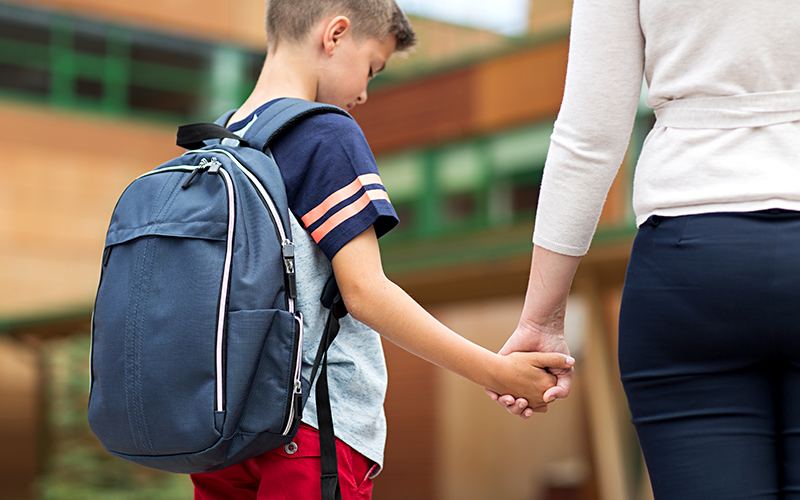Do you often find yourself feeling sluggish or under the weather, or wishing you could crawl back into bed as soon as you get up? Could be the January blues, especially if this is a seasonal occurrence. But if these are symptoms you’ve been grappling with for months or even years, it could be due to social isolation.
Social Isolation Affects Everyone
Social isolation used to be a concern we reserved for the elderly – alone, isolated, with dwindling family and friends. While elderly isolation is a critical issue, social isolation’s reach has expanded, largely due to the equally expansive reach of social media.
Ironically, our addiction to social media is partly due to its ability to make us feel more connected with people. But just as we know that what we see and read on social media is highly curated and edited (#notreal), the connections made are equally ephemeral. And when the time comes for an ugly-cry session or just-need-to-vent drinks, real-life friendships just aren’t there to provide that support.
Of course, social media is not the only culprit contributing to social isolation. This time of year alone can wreak havoc with our inner balance: low levels of daylight, debt accumulated after the holidays, an abrupt vacuum in the social calendar, and even failed New Year’s resolutions can all trigger a fragile state of mind.
Social Isolation is a Serious Health Issue
It’s no wonder that the third Monday in January has become known as Blue Monday. The blues can easily lead to increased isolation, which can lead to depression. And it’s not just a mental health issue.
Isolated people aren’t just sad, they’re unhealthy.
According to a report in Psychology Today, research confirms that loneliness increases the risk of poor health and even premature death.
And a UK study found that chronic social isolation has the equivalent effect on health as smoking 15 cigarettes a day!
Eleven percent of Canadians aged 15-24 meet the criteria for depression and the World Health Organization cautions that depression is now the leading cause of ill health and disability worldwide.
It’s so pervasive, so serious, that last year, Britain appointed a new minister of loneliness and Australia is exploring options for the same. While Canada doesn’t have a national strategy in place, Manitoba does have a minister responsible for ensuring that seniors stay engaged socially.
If these statistics and trends are starting to depress you, take a lead from Cliff Arnall, creator of the algorithm that “discovered” Blue Monday. The psychologist claims his intention was never to make it a depressing event but rather to empower people to take action to mitigate the blues. His wish was that people would see Blue Monday coming and find remedies before the blues set in.
How to Feel Less Isolated
So what can you do to combat social isolation?
- Monitor and manage time spent on social media. If you want to reduce minutes and hours on your phone, start by putting it away during meals and when socializing with real-life friends.
- Are you getting enough sleep? Make sleep a priority and aim for a regular schedule that has you going to bed and waking up at roughly the same time every day, even on weekends.
- Make plans with friends that anchor you in your community. Go for brunch, visit an art gallery, attend a lecture. Find ways to build “play” into your life.
- Maintain a healthy diet. Comfort foods, fast foods, party foods – they taste great and are often associated with happy times. But these foods lack the full nutrition your mind and body need to maintain healthy function.
- Reach out to a healthcare professional if you’re worried about lingering feelings of isolation and depression. Even if it doesn’t feel like it, you do have a community ready to support you.
Looking for more wellness inspiration and support? Come talk to an expert at the LD Pharmacy anytime.







